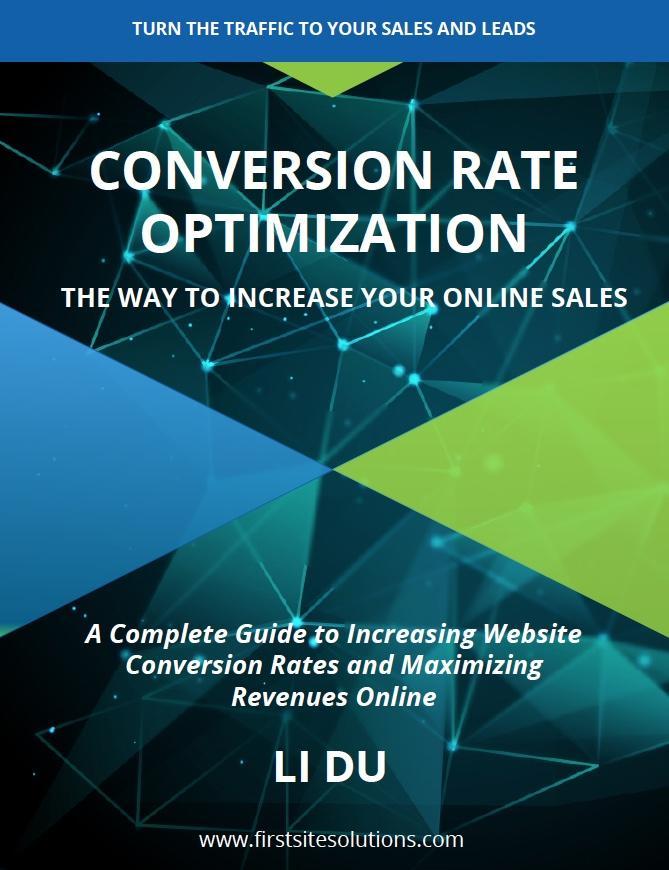In the article “ What is SEO? ”, we explained what search engine optimization (SEO) is and what SEO likes and DO NOT like. He also stressed that why webmasters should care about those basics of SEO and follow the rules set up by search engines like Google, Bing and Yahoo.
However, knowing what SEO is totally different from knowing how to apply this art on your own website!
There are many good SEO techniques out there, but many of them are not easy to implement due to its complexity. If you got carried away by them, you will soon find yourself overwhelmed.
In this article, I will share a few techniques, all of which can be simply fulfilled on your website. I can say for sure that you can improve your rankings on search engines in long term as long as you carefully implement these basic techniques on your website.
Strategy #1-Update your website periodically
The reason for this strategy is that search engines like dynamic contents so that they can deliver most fresh and up-to-date information from search results to users.
The best and easiest way to update your website regularly is to write blog. You can create your blog through the following two ways:
Write blogs on your own
The best way to write blogs on your own is by dividing your business into all of its niches and write each of them on separate pages on your website. For example, do you sell insurance? If so, you want to write a blog all about home insurance. And another about life insurance. Yet another about auto insurance and so on.
Use guest post
In these days, many professional bloggers can help you to increase your blog traffic by providing you with articles on niche subjects of your choice. This is called guest post. However, use this strategy with caution. If all your articles are written by those uninspired people who know little about your business, they will reflect the lack of enthusiasm right back onto your trademark.
Strategy #2-Use long-tail keywords
Long-tail keywords are more specific and less competitive keyphrases that usually contain three, four, or more words. The good reason for using this strategy is to make you target at your preferred group but avoid competition at the same time.
For example, if you sell toys for kids online, the first keyword might pop up on your mind is “toys”. But competition for the keyword “toys” is really high, as most of your competitors might use the same keyword as you, hoping to bring their page on the top of the search engines. However, if you use long-tail keywords, such as toys for kids, toys for girls, toys for kids online, you will have better chances than your competitors to boost your visibility in search results when some people use those long-tail keywords for their research.
Strategy #3-Maximize the effectiveness of your Meta page title
Meta page title is important because search engines regard meta pate titles as the authentic description of a website.
To optimize your meta page title, you need to know the following three things:
- Keep it to a maximum of 70 characters (including spaces).
- It should summarize the page in a simple and professional way.
- It should include all your valuable keywords.
Strategy #4-Optimize your site with social media networks
Keyword strategy and content-rich strategy are all on-page SEO, techniques that you can use on your own site. However, off-page SEO, such as social media networks, has also become so important that it should be your integral ingredients of your overall SEO recipe.
Social media networks were relatively new years ago. However, as they are increasingly providing webmasters with unexpected benefits, such as increased visibility, increased traffic and improved search ranking, their importance is no longer questioned today.
These social media networks include:
- MailChimp
Strategy #5-Building inbound links
Inbound links are one of the most important factors to consider when search engines determine a website’s page rank. Techniques for acquiring inbound links include:
- Get links from your family and friend’s websites.
- Post in forums by including an inbound link in your signature part.
- Exchange links with other website in your niche.
- Create an interesting content. For example, create a resources page to attract people bookmark your page for their daily reference.
- Create a page on social media site that contains a link to your business website.
Strategy #6-Create a sitemap
A sitemap is an HTML page that includes a list of all the pages on your site. It provides the search engines with detailed information about the content of your website. With these information, search engines’ indexing programs referred to as “spiders” can easily index or crawl a website and deliver related contents in response to user queries.
You can create a sitemap on your own if you know a thing or two about HTML and XML. However, if you are not comfortable with those markups, you also can create a sitemap by using sitemap generators, most of which are free online.
In addition, if your website is powered by a Content Management System (CMS) like WordPress, you can easily install a SEO plugin such as WordPress SEO by Yoast, which can automatically generate a sitemap for you.
Strategy #7-Create video and audio
In these days, having a variety of video and audio contents on your website can enhance overall SEO. Search engines weight them higher than traditional text contents based on the assumption that they are more time consuming and difficult to produce. However, proceed with this strategy with cautions.
As we know that search engines use spiders to index or crawl through you website in search of keywords, but search engines cannot crawl through audio and video files. Therefore, having your video and audio files professionally transcribed is a must to help improve your SEO! Please also make sure that place the transcription on your website and your videos and audios contain key words.
Strategy #8-Create a responsive website
Nowadays, the rise of smartphones and tablets has changed our life. People use them to browse web on Internet while they are taking the public transit or at the bus station. It is predicted that mobile Internet usage will overtake the desktop Internet usage in the near future.
As a result, to meet the increasing desires of mobile Internet users it has become imperative to design a website for a wide range of screen widths and heights, which is called responsive web design.
Responsive web design is a technique that applies media queries in Cascading Style Sheet (CSS) to make a page change its layout based on the width of the browser screen.
Summary
There are a number of great techniques for bringing your site on top of search engines. Techniques I discuss in this article are just some of them. Start with these basics ones instead of jump into the sea of all the techniques out there and get yourself overwhelmed. I also admit that these techniques are not going to help you improve SEO overnight. However, as long as you stick with these basic SEO techniques and implement them on your website, you will see the positive changes of your rankings in long run.




